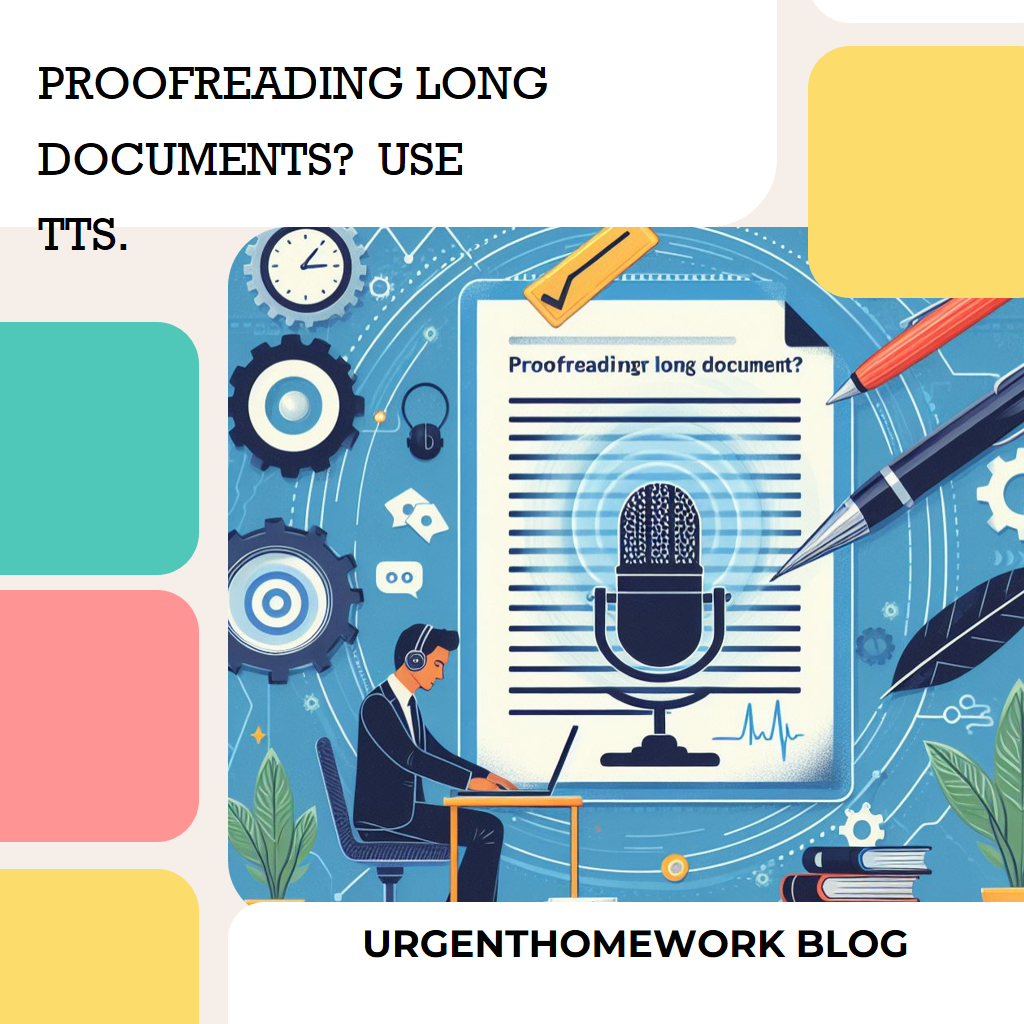An abstract for a research paper is analogous to a short teaser. It provides a brief glance into the idea of the impending research, helps the major focus primary points to pop out at the reader so he can grasp the gist of the full paper and then, identify if the paper would be worth reading in its entirety. Abstracts can be considered as one of the most important aspects of any written document whether it be a short memoir, a longer book or even a full-fledged research paper because most editorial boards and publishing houses judge the author by the abstract first in the initial screening process. If they like the abstract, only then they go-ahead to summon the author to send the full work which is then examined to see if it is up to the mark compared to the idea presented in the submitted abstract.
If the publishers don’t find your abstract interesting enough, they might straightforwardly throw your paper and idea into the trash. Hence, it would not be wrong to say that abstracts are the stepping-stone for publishing any kind of research work. In fact, even after the publication of your paper, your abstract is a major concern as a google search will show your abstract to the reader first and if they like it, they might check out your entire research paper. So, you have to make your abstract interesting for the publishers and the readers.
In the section of arts, social science and humanities, the brief is kept quite long and detailed. Its goal is to define the idea of interest and its observations, not worrying about showcasing the methods implied and the ultimate findings or the results. This type of abstracts is also called conference proceedings and review articles. On the other side of the coin, for abstracts in the science section, the abstracts are short, perfectly structured, mention all ways used to reach the observations and the final result is also mentioned, unlike the former.
Now that you realize the vitality of having a robust abstract, you might feel confused and meh when actually formulating your abstract. As important as it is, it is difficult to get it wrong because writers mostly tend to get perplexed and worried when it comes to writing amazing abstracts. It feels easy when you think about it as just a simple piece of 300 or 400 words, but then, how are you to condense your months or years of research into that tiny word count?
Here we bring to you some most widely used and as well as some secretly used tips, tricks and tactics to shape out a gorgeously winning abstract for your hard-earned research work. Read on to understand the 10 golden rules of writing a winning abstract for your research paper-
1- Always follow the given set of rules
This is the first and foremost rule of writing any type of abstract if you want to get your research work published. Find out about the rules and guidelines stated by the editorial boards of the publishing houses you are aiming for. They are generally present on their websites, or you could even visit their office. In my suggestion, another easier way to find out would be to go through other previously published papers by this publishing house. Make sure that you follow their specific guidelines on formatting your work, the topics to be included in the abstract, strict word limit, references and any other requirements if needed. Sometimes, the publishing house may reject your abstract only because you did not follow their prescribed rules.
2- Add necessary things in the given word limit
Once you’re aware of the strict word limit, the next step is to pick up the research paper and highlight the key points and then, decide which of these should go into the abstract. An easy way of doing this is analyzing the aim, primary observation and the superior result. These are three things you would definitely want to add in your abstract.
3- Use a strong heading
This is the most crucial element of your abstract as it is the first thing readers see. In fact, your title is the one which appears among the pool of potential applications in the publishing house. While choosing the heading, take into account your fundamental goal of the research work and use that with an attractive, powerful adjective.
4- Do not make it repetitive
While writing your research paper, it is mostly suggested to give details and repeat necessary points throughout so as to make an impact. However, this is not something you should with your abstract. It should be concise and to the point. You might have a major goal which is splattered across the paper but make sure you put in a definite one line or two lines statement in the abstract. The same rule applies to the result.
5- Do not give references
Inside your research paper, examples and references are generally presented to prove a point or contrast it. However, you should never provide references to anything inside an abstract. The only job of an abstract is to give an overview, so let the biblical aspects be for inside the paper.
6- Clearly mention your results
One of the most significant mistakes people do is providing an abstract with only the principal aim and not the ultimate finding. You should, in all cases, give the final conclusion of your paper inside the abstract. This helps the reader understand what they can expect to achieve after reading your entire work.
7- Coherence between the abstract and the research paper
Make sure that whatever you are putting in your abstract is actually the prime focus of your research paper. Sometimes writers add certain things, facts or ideas in the abstract so as to make it exciting and tempting to read. But if those facts do not make an appearance in your research paper, the editorial member or the reader might feel cheated. You will lose your reputation, and your future work will not be validated. Hence, ensure that ideas in your abstract are entirely in coherence to your research paper.
8- Do not use images, charts or graphics
Writers are told to use these tools inside the research paper so as to prove or analyze any statement being discussed in the paper. However, these should not be added in the abstract. As we have already discussed, the abstract is supposed to be a brief summary of the primary facts, and so, you should not try to prove those ideas in the abstract. Leave the discussion, debates and analysis part of them for the research paper to unveil. Also, using them in the abstract might make it unnecessarily long and may bore the reader with too much detail.
9- Always write the research paper first.
A lot of writers make this mistake of creating an abstract and then, planning to write the research paper. However, the research paper should always be written first. This is because the paper is a more detailed analysis of the idea and many a time, the writer himself isn’t sure of the result which may arise. The conclusion might even contradict the writer’s opinion or alter it completely. This might confuse the reader about his earlier beliefs. Therefore, a writer should never attempt to formulate the abstract before the paper is totally finished and ready for publication.
10- Get the abstract reviewed by someone
Once your abstract is ready to go out, it is recommended that you take someone’s fresh opinion on it. This someone could be your colleague, your teacher, your supervisor, or anyone who has some specialization in your area or topic of research. It is also a good idea to show your abstract to someone who has already published a research paper because they will use their own experience to judge your abstract. They might tell a few areas could you improve and what changes you can make in order to impress the editorial board. Make those changes wholeheartedly and then, move on to finding your next reviewer. I suggest that you look up on google or social media sites and find a trusted person who is interested in your topic of research. You can just politely ask them to read your abstract once and tell you if they find it amusing enough to read the whole paper. If they say yes, then, my friend, you’re on the right track.
Writing an abstract is a time taking the task, and you should never hurry and rush it out. It is natural to feel that rush where you want to quickly get over it and send it out. However, give it enough time and then, only when you are completely satisfied with the piece of brief, send it out to the publishers. I always suggest sending it out to multiple publishing houses to speed up the process. I hope these tips and tricks have helped you craft out your winning abstract. Keep coming back for more, and I wish you all the best.



